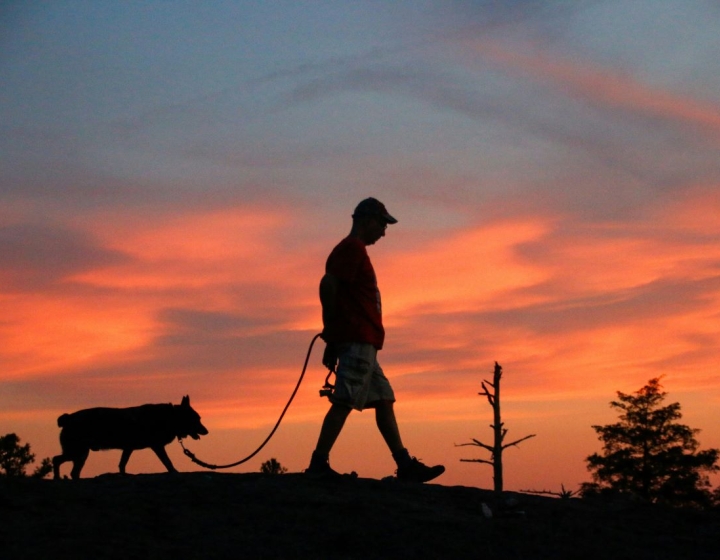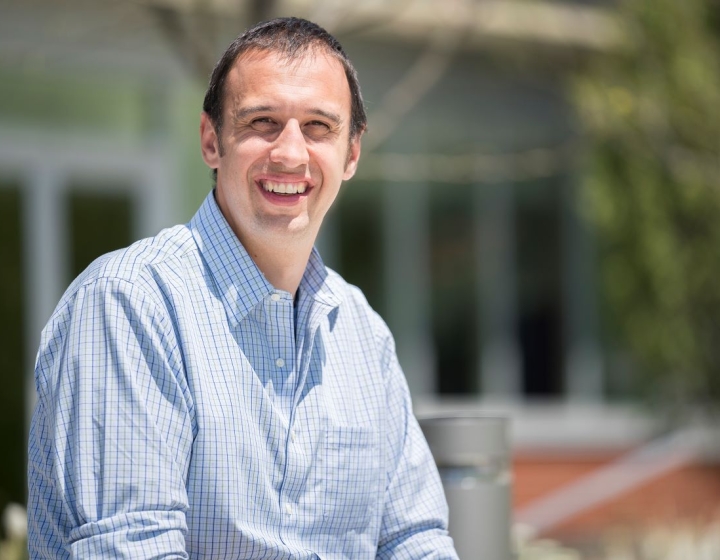Osofsky: WHO report reinforces the importance of reevaluating our relationship with wild nature
The World Health Organization said Tuesday the virus that causes COVID-19 most likely jumped from animal to animal naturally before entering the human population, and likely did not leak from a laboratory.

Credit: Dave Burbank
Steve Osofsky, professor of wildlife health and health policy at the Cornell University College of Veterinary Medicine, says there is much to be learned from the ways humans encounter new pathogens from wildlife.
Osofsky has organized an event on Feb. 23, co-hosted by Cornell and the World Wildlife Fund, that will explore ways to prevent future pandemics, focusing on the global governance gap in terms of high-risk wildlife trade.
Bio: https://www.vet.cornell.edu/research/faculty/steven-osofsky
Osofsky says:
“The recent WHO mission to China confirms what we already knew— that the majority of emerging viruses come from wildlife. This should not lead to us blaming wildlife, nor should it create a backlash against wild creatures.
“I would argue for the opposite, in fact: what we need could perhaps best be described as ‘behavioral distancing’ (not to be confused with the ‘social distancing’ we’ve all been encouraged to adopt, but just as important over the longer term). While there are literally hundreds of thousands of viruses in mammals alone, there are really only three basic ways we, through our own behaviors, invite them into humanity’s living room: we eat the body parts of wild animals; we capture and mix wild species together in markets for sale; and we destroy what’s left of wild nature at a dizzying pace (think deforestation), all greatly enhancing our encounter rates with new pathogens along the way.
“Our species simply cannot continue to pillage what’s left of wild nature and our planet’s fellow species. We are at a crossroads in human history in terms of our ability to learn from the consequences of our own carelessness. Will we choose a new path? I certainly hope so, and we’ll be discussing just that publicly in a few weeks.”





